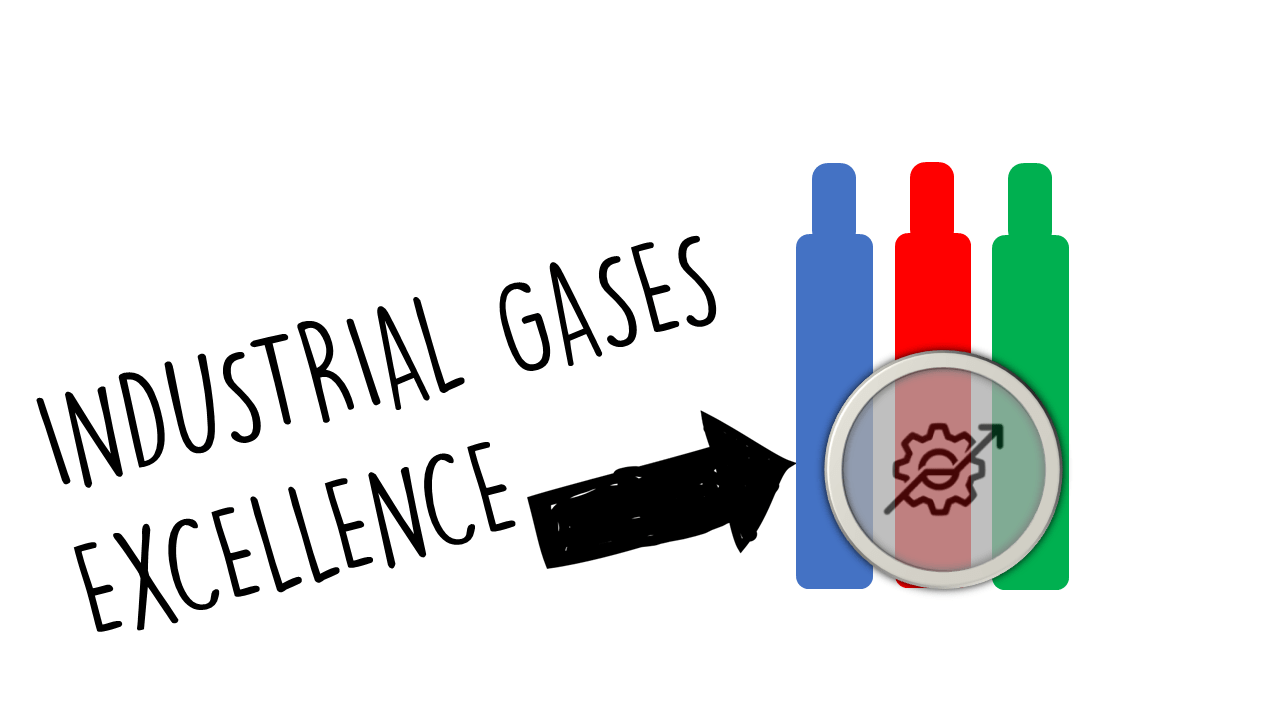On-Demand Consultancy refers to specialized consulting services aimed at optimizing the production, distribution, and utilization of industrial gases tailored to the specific needs of individual companies. This consultancy focuses on enhancing operational efficiencies, improving quality standards, fostering customer-centric innovations, and implementing sustainable practices.
Key features include:
- Customized Solutions: Tailoring consultancy services to address unique operational challenges and business goals.
- Real-Time Support: Providing on-demand expertise that allows companies to respond quickly to industry changes or internal challenges.
- Strategic Insights: Leveraging industry knowledge and best practices to help clients achieve excellence in their industrial gas operations.
Framing
Framing Industrial Gases Excellence as an on-demand consultancy emphasizes the value-added potential of these advisory services:
- Expert Guidance as a Competitive Advantage: Positioning consultancy services as a means to gain insights and strategies that outperform the competition.
- Proactive Problem Solving: Presenting the consultancy as a tool for preventing issues before they arise, enhancing overall operational resilience and performance.
- Focused Expertise: Highlighting the specialized knowledge and experience that consultants bring to the table, making them invaluable partners in optimizing industrial gas strategies.
Re-Framing
Re-framing further shifts the perspective on on-demand consultancy in the context of Industrial Gases Excellence:
- From Transactional to Transformational: Viewing consultancy as a strategic partnership that fosters innovation and long-term growth rather than just a service for immediate needs.
- From Short-Term Fixes to Sustainable Solutions: Emphasizing the consultancy’s role in helping companies develop sustainable operational practices that yield long-term benefits.
- From Generic Advice to Tailored Strategies: Re-framing the consultancy’s offerings as unique, customized solutions based on deep market understanding and client-specific challenges.
Actions
Needs Assessment:
- Conduct a comprehensive analysis of the client’s current operations, identifying inefficiencies and areas for improvement.
- Utilize data analytics to uncover insights into production processes, delivery systems, and market trends.
Process Optimization:
- Implement lean methodologies to enhance production efficiency and reduce waste.
- Identify automation opportunities to streamline operations and minimize human error.
Quality Enhancement:
- Develop and implement best practices for quality assurance and control, aligning with industry standards.
- Establish regular audits and monitoring systems to ensure ongoing compliance and quality improvement.
Sustainability Strategy Development:
- Work with clients to devise a sustainability roadmap that incorporates eco-friendly production methods and waste reduction practices.
- Explore new gas technologies and alternative energy sources that align with the client’s sustainability goals.
Training and Knowledge Transfer:
- Offer tailored training programs for client employees to build internal capabilities and understanding of efficient practices.
- Provide ongoing support and mentorship as clients implement new strategies.
Case Studies
1. Air Liquide – On-Demand Optimization:
- Challenge: A client struggled with inefficiencies in their gas supply chain.
- Action: Air Liquide’s consultancy team conducted a detailed logistics assessment, recommending route optimization and inventory management improvements.
- Outcome: The client achieved a 15% reduction in transportation costs and improved delivery times, enhancing customer satisfaction.
2. Linde – Sustainable Practice Implementation:
- Challenge: A manufacturing client wanted to reduce their carbon footprint.
- Action: Linde provided consultancy on integrating renewable energy sources into their gas production processes and transitioning to low-emission gas technologies.
- Outcome: The client successfully reduced emissions by approximately 25% and positioned themselves as a leader in sustainability within their industry.
3. Praxair – Quality Enhancement Initiative:
- Challenge: A client faced compliance issues with industry quality standards.
- Action: Praxair consultants implemented a comprehensive quality management system and provided training for staff on best practices.
- Outcome: The client improved compliance ratings and significantly reduced product recalls, leading to cost savings and enhanced brand reputation.
4. Messer – Customized Employee Training:
- Challenge: Lack of expertise among staff regarding new technologies.
- Action: Messer designed a bespoke training program focusing on advanced gas technologies and safety standards.
- Outcome: Employees reported increased confidence and competency in handling new technologies, leading to improved operational performance and safety metrics.
Conclusion
Industrial Gases Excellence: On-Demand Consultancy offers a strategic avenue for companies seeking to optimize their operations in the competitive industrial gases market.
By providing tailored insights and actions, consultants enable clients to achieve significant improvements in efficiency, quality, and sustainability.
The framing and re-framing of these consultancy services enhance their perceived value, positioning them as essential partners in driving transformative change.
By focusing on customized approaches, real-time support, and long-term goals, on-demand consultancy can have profound impacts on client success.
Through practical actions and evidenced successes in real-world case studies, it is clear that leveraging expert consultancy not only resolves immediate operational challenges but also builds a strong foundation for future growth and excellence in the industrial gases sector.
This partnership fosters a culture of continuous improvement and innovation, enabling companies to thrive in an evolving marketplace.





